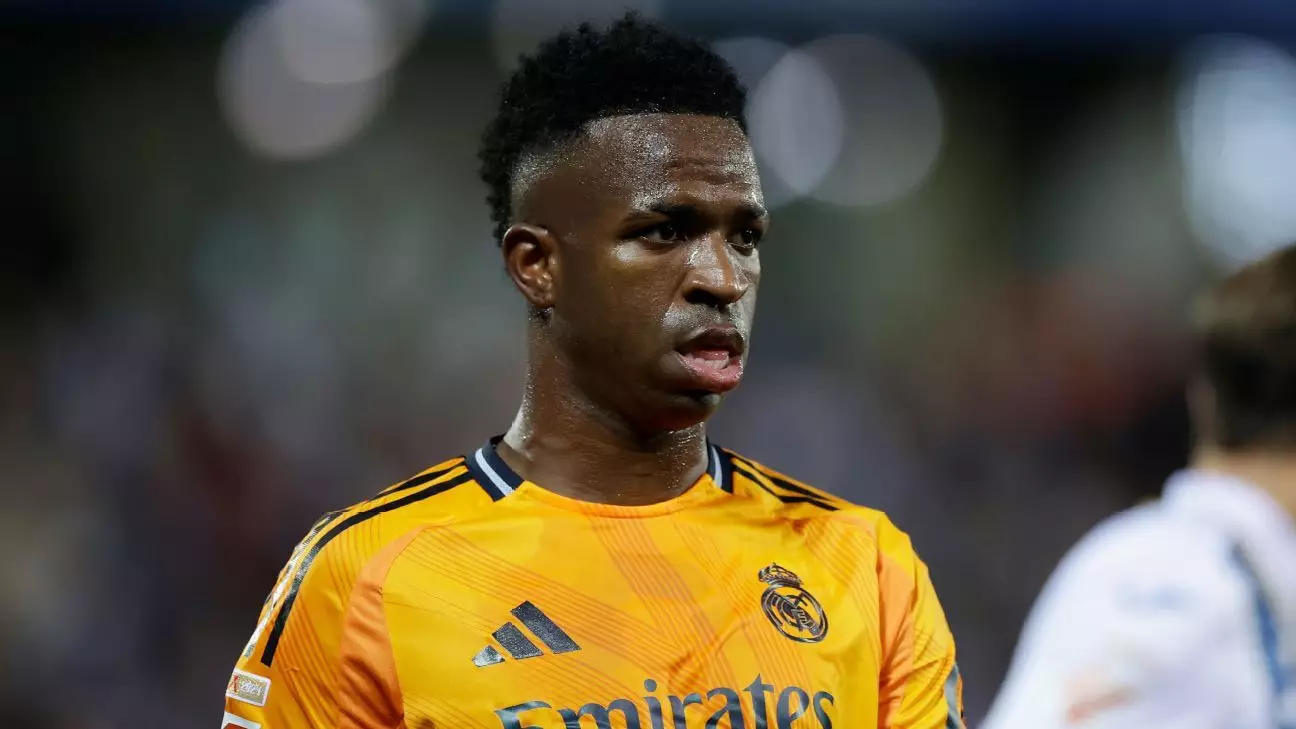Real Madrid is no stranger to pressure, but the current season has brought its own set of challenges and criticisms that have left fans and management alike concerned. Coach Carlo Ancelotti, who once basked in the glory of leading the team to a LaLiga-Champions League double the previous season, now finds himself at the center of scrutiny. Over the course of just a few matches, Madrid has stumbled, losing two out of their last three fixtures across all competitions. With these losses, they find themselves trailing behind their arch-rivals, Barcelona, in LaLiga, and languishing disappointingly in the Champions League rankings.
Ancelotti has claimed the lion’s share of the blame, asserting that he recognizes the responsibility that comes with his role. The criticism directed at him, particularly following defeats against teams like Liverpool and Athletic Club, must feel heavy, especially given the history of success he’s fostered with the club.
In a recent press conference held before an important fixture against Girona, Ancelotti took the time to address the tidal wave of criticism aimed at him. He acknowledged the reality that a coach typically attracts the majority of blame when a team underperforms. “I have to accept the criticism because the team is not at its best,” he stated. However, his remarks hinted at a certain weariness with the volume of backlash he has received. Ancelotti suggested that perhaps the media and the public are growing impatient with him—something he is quick to address with a steadfast attitude.
“Sometimes, criticism can be fuel to do even better,” he emphasized, demonstrating his resilience and willingness to transform negativity into motivation. This mindset is critical in maintaining morale not just for himself, but for the entire squad as well.
While Ancelotti shows poise in the face of negativity, he also expressed that there are certain aspects of the criticism that he finds particularly disheartening. He drew a line between professional critique and personal attacks, citing how the latter can significantly impact one’s identity. “It’s not the same to tell someone they’ve made a bad change versus calling them stupid,” he remarked, underlining the emotional weight personal disparagement carries.
This distinction is crucial, not just for Ancelotti’s own well-being, but for the team dynamics as well. When players sense their coach’s confidence is waning under media pressure, it can lead to a ripple effect of doubt and uncertainty among them. He reiterated the importance of remaining optimistic and focused, declaring, “We are still fighting in all competitions” and highlighting the inherent quality of his squad.
Injury Concerns and Tactical Resilience
In addition to the external pressures, Ancelotti’s team faces internal hurdles, primarily in the form of injuries. The recent return of Vinícius Júnior to training brings a glimmer of hope, although he won’t feature against Girona. Instead, Kylian Mbappé must step up, despite his recent struggles—most notably missing penalties in critical matches against Liverpool and Athletic Club. Ancelotti’s recognition of Mbappé’s self-awareness highlights the coach’s supportive approach towards his players.
“The connection will come little by little,” he assured, speaking of Mbappé’s need for adaptation in LaLiga. This statement not only reflects Ancelotti’s understanding of the current situation but also serves as a reminder of the gradual process of overcoming challenges which can be attributed to a lack of consistency.
Looking Forward: Unity and Determination
As Real Madrid navigates this transitional phase, Ancelotti’s insistence on optimism and teamwork appears to be pivotal. By fostering a culture that uses criticism constructively, he aims to lead his troop back to their best form. It is this tenacity, coupled with renowned tactical expertise, that may ultimately define their season. For both the coach and his players, embracing adversity will be key to transforming current criticisms into a foundation for future success.

